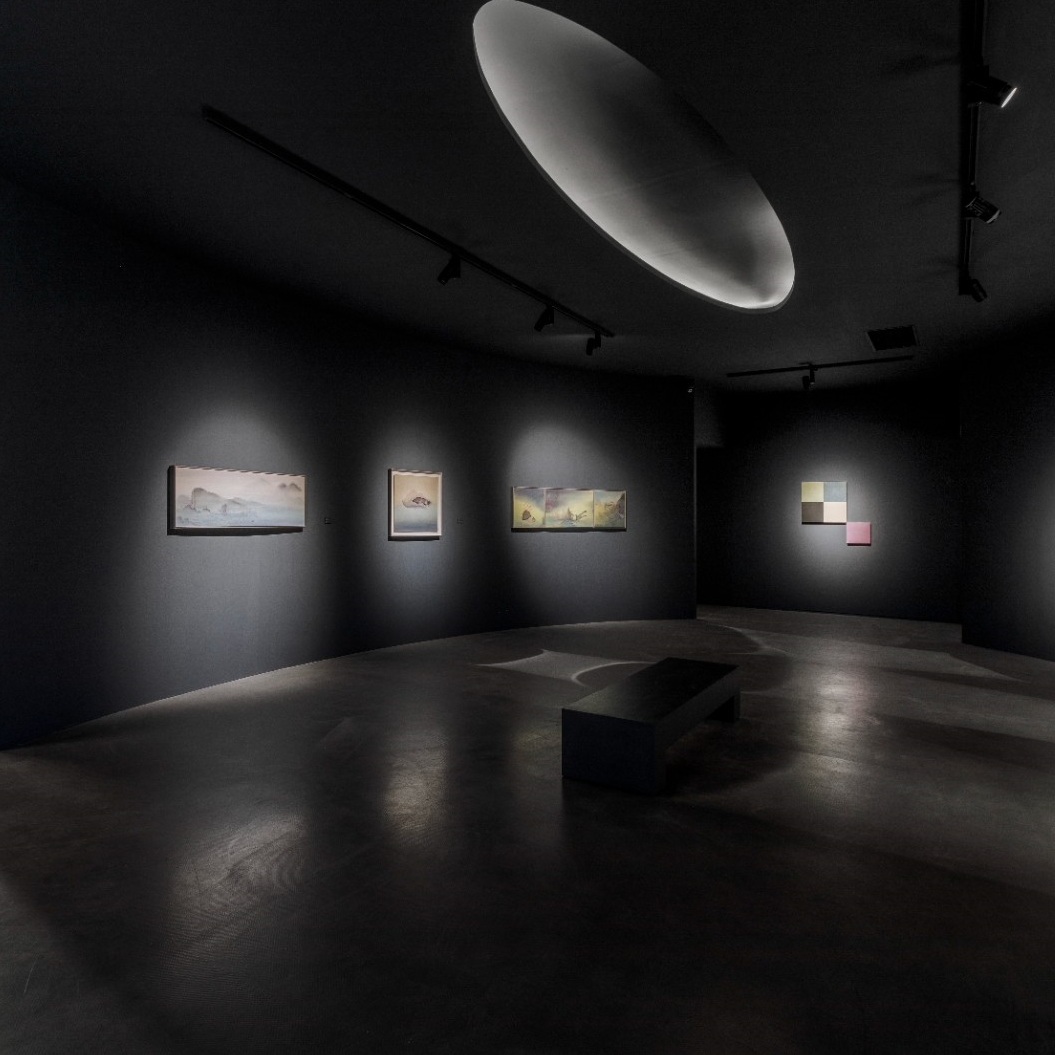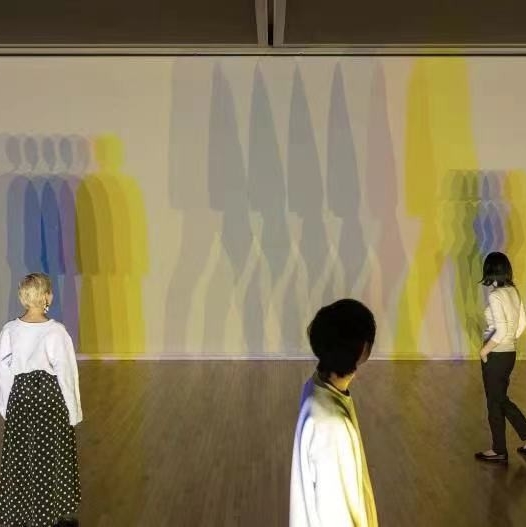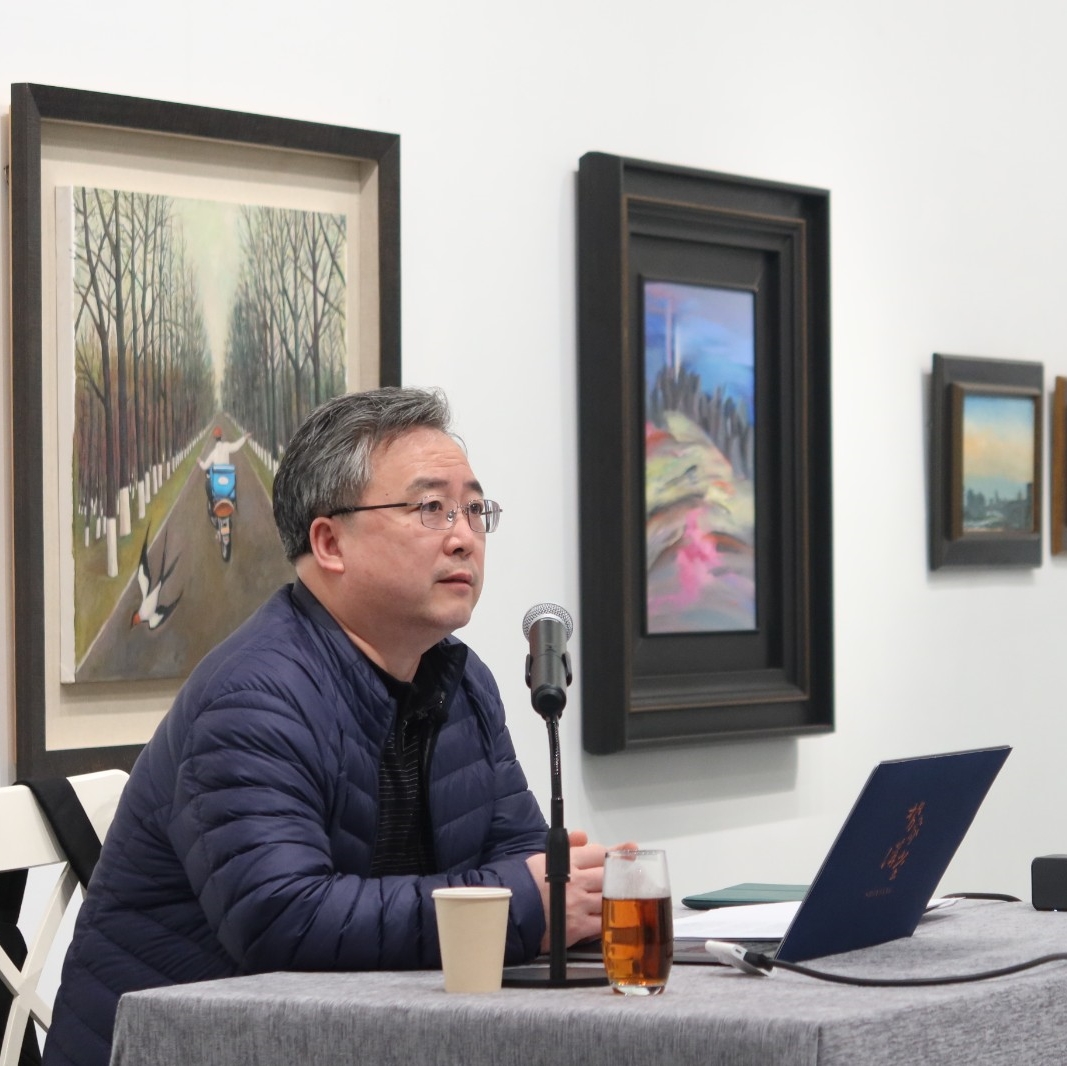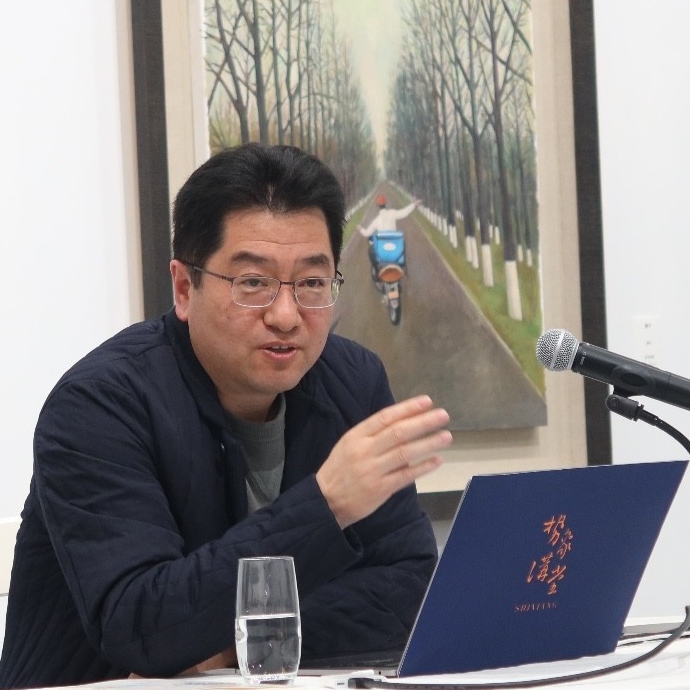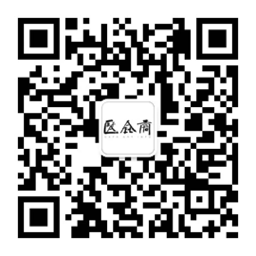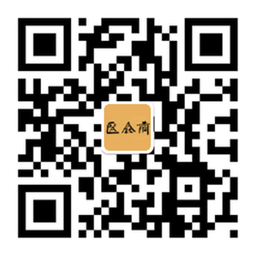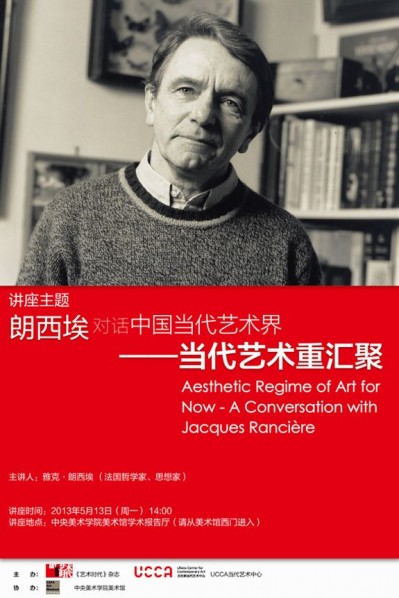
Guest Speaker: Jacques Rancière
Guest artists and critics: Wang Jianwei, He Chi, Wu Xiaojun, Yang Beichen, Tie Ying
Time: May 13, 14:00, Monday
Venue: Auditorium, CAFA Art Museum, please get into the museum through the West Gate.
Organizers: Art Time Magazine, Ullens Center for Contemporary Art(UCCA)
Co-organized by: CAFA Art Museum
Brief introduction: Jacques Rancière will explain his theories of? "The Politics of Aesthetics" and "Disagreement" to the audience. Also, he will discuss the status and questions of contemporary art as well as its possible outlets with Chinese artists.
About the lecturer
Jacques Rancière is Emeritus Professor of Philosophy at the University of Paris (St. Denis), and Professor of Philosophy at the European Graduate School in Saas-Fee. He first came to prominence under the tutelage of Louis Althusser when he co-authored with his mentor Reading Capital (1968). After the calamitous events of May 1968 however, he broke with Louis Althusser over his teacher's reluctance to allow for spontaneous resistance within the revolution.Jacques Rancière is known for his sometimes remote position in contemporary French thought; operating from the humble motto that the cobbler and the university dean are equally intelligent, Jacques Rancière has freely compared the works of such known luminaries as Plato, Aristotle, Gilles Deleuze and others with relatively unknown thinkers like Joseph Jacototy and Gabriel Gauny.
In The Future of the Image (2007), Jacques Rancière argues that, through the image, art and politics have always been intrinsically linked. Drawing on a series of art movements, filmmakers like Godard and Breson, as well as theoreticians such as Michel Foucault, Gilles Deleuze, Theodor Adorno, Roland Barthes, Jean-Fran?ois Lyotard and others, Jacques Rancière claims that artists and theorists often suffer from mystical tendencies. Jacques Rancière believes that there is a bold choice to be made in art; either it can reinforce a move towards radical democracy, or it can remain mired in reactionary mysticism. Jacques Rancière argues against the idea that a revolutionary act is located within the art work itself; instead he argues that the revolution exists prior to the work of art. Revolutionary impetus exists rather in the worker's emancipation, in his chance to view a work of art versus work in itself. Jacques Rancière writes that what happens in the aesthetic regime of art is that artists create objects that escape their will.
Jacques Rancière's translated works are, among others: Reading Capital(1968), The Nights of Labor: The Workers' Dream in Nineteenth-Century France(1989), The Ignorant Schoolmaster; Five Lessons in Intellectual Emancipation(1991), The Names of History; On the Poetics of Knowledge (1994), On the Shores of Politics (1995), Disagreement: Politics and Philosophy (1998), The Politics of Aesthetics: The Distribution of the Sensible (2004), The Future of the Image (2007), Hatred of Democracy (2007), and The Aesthetic Unconscious(2009). His most recent title, The Emancipated Spectator, was released in November, 2009.
For further information and lectures by Jacques Rancière, please visit?JACQUES RANCIèRE - VIDEOS.


